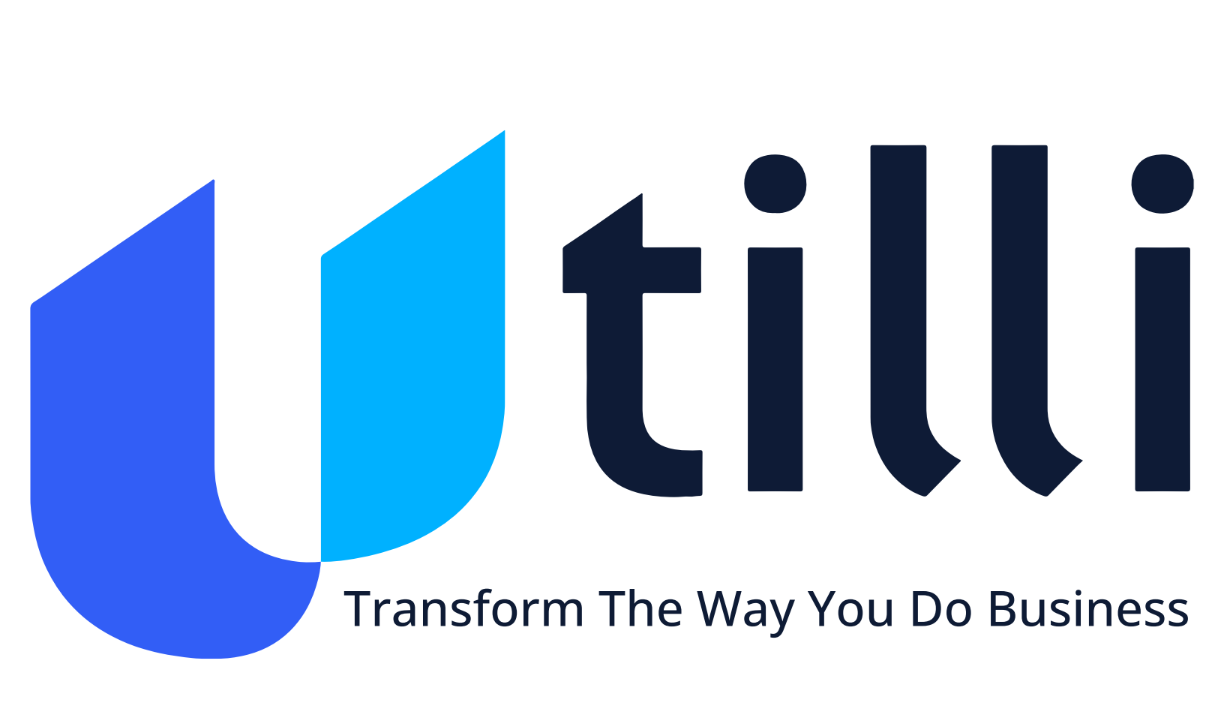Utility companies have historically been behind when it comes to technological innovation for consumers. Online billing portals, SMS payments, and app development have become mainstream in only the last ten or so years. It’s safe to say that suggesting utility companies accept cryptocurrency for payment might sound like a stretch, but I think you should hear me out.
Bitcoin and other digital cryptocurrencies are having a moment right now, partially due to Elon Musk’s Tesla buying $1.5 billion in Bitcoin and the announcement that the company will take it as payment and partly because of its surging stock price. The explanation for both is one of pure mathematics and economics more than anything else.
With four rounds of cash infusion into the tumbling US economy, $6.3 trillion has been committed or distributed into the economy to bring it back to life. This insane amount of money getting pumped into the country — and, likewise, worldwide — leads to an uncontrollable onset of inflation.
Despite all checks and balances, there seems to be an endless pile of fiat currencies worldwide. Dividing any asset by this infinite amount of money to buy makes that asset value reaches close to zero. Under such a fear, investors and asset owners generally convert a good portion of their fiat investments into precious metal investments (think: gold). However, there is fear that gold and other precious metals may not be that rare and precious with new advances in space exploration. That fear causes investors to look at alternatives, hence Elon Musk’s interest in buying Bitcoins. Bitcoins, by their nature, are finite — 21 million in all — which means that there should be fewer bitcoins than the demand, nudging the price per unit higher as the supply decreases.
Yet, while legacy banks and seasoned CFOs shout that cryptocurrency is unstable, I think it’s a vital piece of our financial conversation to be had.
How Do Transactions Work?
With no centralized bank, cryptocurrencies — Bitcoin specifically — transaction fees are as little as .5 and 1% or free altogether. That alone is an intriguing prospect for anyone accepting payments from customers. But, because we’re so used to how things have worked in the past, it’s difficult for some people to wrap their heads around how transactions actually occur.
Say a person wants to make a transaction. They send their Bitcoin to the person providing them the goods or services they’re purchasing. That transaction is sent to Bitcoin networks to be verified as a valid transaction.
To verify the transaction, miners in the network solve something called Proof of Work. The Proof of Work is a challenging puzzle that requires quite a bit of computation power to solve. The miner who solves the puzzle creates a block that shows the transaction and adds it to the digital ledger or the blockchain.
From there, the transaction is verified. The miner who solved the puzzle is rewarded with new Bitcoins, and the original recipient of the transaction is paid.
From that explanation, you can glean some of the other benefits for merchants. There is a finite amount of Bitcoin to be mined, meaning transactions are safe from chargebacks or payment reversals as there must be money in the wallet to make a purchase. While the stock prices of Bitcoin and other cryptocurrencies seem volatile now, that finite amount stabilizes the value in the long run, unlike our traditional currencies.
For Bitcoin to be readily accepted as a full-fledged viable alternative to fiat currencies, it has to overcome its inherent limitation of scale. To fully understand the magnitude of the limitation, compare the Bitcoin network’s ability of a minuscule seven transactions per second to the more than 65,000 transactions per second for the Visa network.
To overcome this shortcoming, a parallel network to the Bitcoin network was developed and is now being used to transact low-value transactions at unprecedented heights of at least 1 million transactions per second. This network is appropriately dubbed the Lightning Network.
The economy of these transactions interestingly solves another critical problem of conversion from and to fiat currencies. Currently, the average fee on the Lightning Network clocks in at about one satoshi — the smallest Bitcoin unit that’s worth a fraction of a cent — per hop (more about that in the next blog). A transaction could involve one or more hops. All in all, this is a meager fee compared to transaction fees in the present-day popular payment systems.
The Future
While this is a relatively new payment form, I don’t anticipate it going anywhere. All companies — utilities and otherwise — are wise to start getting curious about how they can integrate Bitcoin and cryptocurrency into their payment options.
We believe the trick to increasing the acceptance of cryptocurrency in mainstream business today is to make the user experience seamless for the parties involved in the payment transaction. People are comfortable with fiat currency bank accounts and payouts. These accounts could be connected with the Lightning Network for peer-to-peer or peer-to-business transactions. Instant and frictionless conversion capability, accepting fiat currency deposits, and transfer and withdrawals from the Lightning Network would accelerate the adoption and provide seamless integration and benefits.
With this in mind, imagine the day when your monthly payment processing cost could go down by 75% to 80% — or even more! I bet that would be another problem; it would perhaps allow the public service commissions to reverse existing approved rate cases. It seems that you can never win.
Product
Nudge
tilliCX
Monay
INDUSTRIES
Utilities
Banking & Finance
Telecommunications
And more...
Company
About Us
Careers
Services
Resources
Case Studies
Blog
Support
Request a Demo
Start Free Trial
Contact
Developers
Monay
Documentation
API Referrence
Nudge
Documentation
API Referrence


Follow Us On Social:

Product
Nudge
UtilliCX
Monay
INDUSTRIES
Utilities
Banking & Finance
Telecommunications
And more...
Company
Services
Resources
Case Studies
Articles
Support
Request a Demo
Start Free Trial
Contact
Developers
Monay
Documentation
API Referrence
Nudge
Documentation
API Referrence
Follow Us On Social



